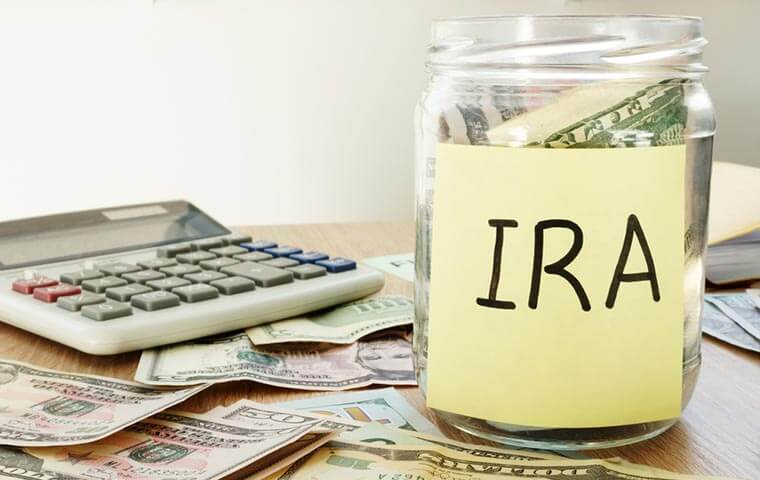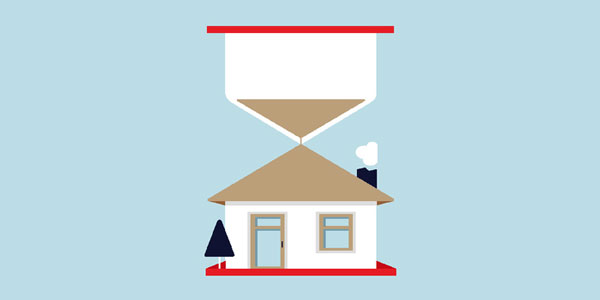Introduction
What happens to your 401(k) plan once you retire? How do you manage it throughout your working years? You may be eligible to begin receiving qualified distributions from your company's retirement plan at retirement age. You can delay distributions until you need the money or let your account grow tax-deferred. You can also change your corporate 401(k) into an IRA, which offers extra options for retirement planning (IRA).
Lump-Sum Distribution
Consider taking a lump sum payout if you need a substantial amount of money quickly. One choice is to take the whole value of the 401(k) in cash. You will need to carefully manage your finances to ensure that the money you leave behind is sufficient for your loved ones to live comfortably when you are gone unless you choose to invest it. There are two major drawbacks to receiving a distribution in a single sum. If you take a distribution from a tax-deferred account, you must pay ordinary income taxes on the money in the tax year that you receive the distribution. The tax bite from a lump sum withdrawal is significant because it moves you into a higher tax bracket. A 20% withholding will be taken out of the distribution before it is paid out, and that money will go toward paying your taxes for the year.
Know How to Take Distributions
As you near Retirement and find yourself with multiple retirement accounts from various employers, you'll need a plan for withdrawing the funds. Do you need to access every single one of your bank accounts? That's not likely to happen. Multiple traditional IRAs allow you to make withdrawals from any of them. However, it could be more cost-effective to consolidate your financial holdings into a single IRA and withdraw the funds all at once. The benefits of consolidating your IRAs into a single account include:
- Reduced administrative burden.
- More accurate projections of future withdrawals.
- More discretion over your portfolio's composition.
The RMD requirement for a 403(b), 401(k), or another plan cannot be satisfied by taking money out of an individual retirement account.

How Do You Withdraw Money from Your 401(k) After Retirement?
Once you've reached retirement age, you have several options for accessing the funds in your 401(k). A loan is the most typical method of accessing the money in the account. Getting your money this way is the quickest and most convenient option. The account could be transferred to an individual retirement account (IRA). This could be a good option if you're looking to grow your money slowly but steadily. Now is the time to withdraw your entire balance from the account. In most cases, this is not a good idea because of the associated taxes and penalties.
Do You Pay Tax On 401(k) When You Retire?
You will owe taxes on the amount you withdraw from your 401(k) when you reach retirement age (k). According to your tax bracket, your tax rate will vary accordingly. Earnings from a 401(k) plan are taxable. Therefore, if you are in the 25% tax bracket, you will have to pay 25% of the withdrawal. To avoid paying penalties, it's best to hold off on withdrawing money from your retirement account until you're at least 59.5 years old.
When Do I Have to Start Making Withdrawals from My IRA?
Savings for Retirement have a shelf life and must eventually be withdrawn. You must begin taking distributions from your traditional IRA at age 70 and 12 (or later, depending on the plan). With a Roth IRA, however, no money needs to be taken out unless the account holder dies. The term "required minimum distribution" describes the minimum amount you must withdraw (RMD). Over and above the required minimum distribution, you can withdraw from your Traditional IRA, but the money will be considered taxable income. You can incur a 50% excise tax if you don't take the required minimum distributions. Required Minimum Distributions (RMDs) do not apply to Roth IRAs. Contributions are made from after-tax dollars, so they grow tax-free, and neither are withdrawals taxed when you reach retirement age.
How to Take Money Out of Your 401(k)
Withdrawing funds from a 401(k) can be done in several ways.
Taking a Withdrawal Upon Retirement
Money is taken out after the retirement age of 59 and a half.
Avoiding a Commitment by Leaving Early
This refers to withdrawals made before the age and a half. A 10% penalty might apply to you unless an exception applies.
A Hardship Withdrawal
In these cases, the borrower has a pressing financial need and decides to take money out of their account before the scheduled date. There is still a chance that you will be punished for them.
Taking Out a 401(k) Loan
If you need money, you can take out a loan against your 401(k) without worrying about penalties as long as you pay it back on time.
Rolling Over a 401(k)
You can roll your 401(k) into another 401(k) or IRA without penalties if you do so within 60 days of receiving your distribution after leaving your job.

Conclusion
You can begin taking tax-free withdrawals from your retirement account at age 59 and 12. If you do not have an immediate need for the funds in your savings account, you may leave them there, but your contributions will be suspended. Keeping your 401(k) going after it's been rolled into an IRA requires both earned income and the ability to contribute to the account. You must take required minimum distributions from your 401(k) or traditional IRA as early as 72.











